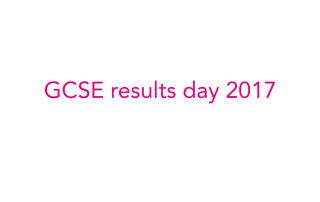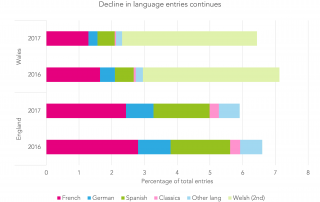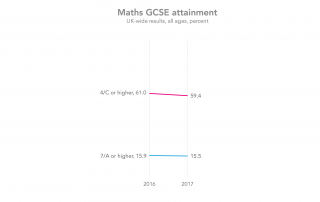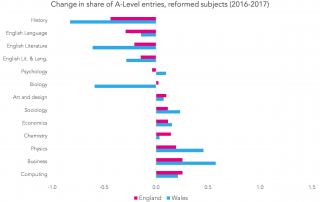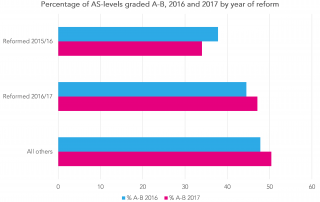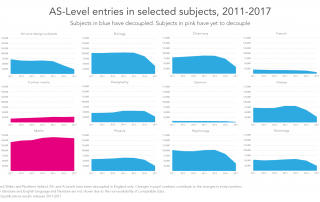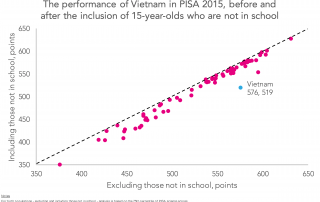GCSE results day 2017: Good news about resits in English
[This post was updated at 18.15 on 24th August 2017 to amend 2016 figures for maths] One bit of good news from this year’s GCSE results is that the percentages of 17-year-olds in England achieving A*-C grades in English have gone up. However, working out by just how much they have improved is made slightly [...]



